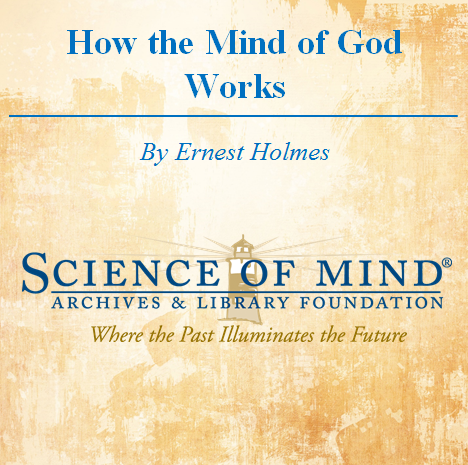Description
History is full of such records and we have passed them over as being unusual and have lost sight of the simple fact that everything is governed by law. It is only in recent years that we have discovered the relationship between the mind and body. At first it seemed impossible, to believe that worry could produce a stomach ulcer, or that a person who is very sensitive might have considerable trouble with his throat, or that one who is in continual mental and emotional confusion is more subject to having an ordinary cold than one who is calm and peaceful.
Today it is part of the ordinary procedure of a physician to inquire into the emotional reactions of his patient. It works something like this: If you would go to your physician today and say, “l am suffering with insomnia and break out with perspiration in the night and can’t seem to get any rest,” he probably would inquire how you are thinking and try to discover the nature of your inner conflicts. For he knows better than you do that a sleeping tablet is no permanent answer to insomnia. So he tries to find out the real reason for your restlessness, which often is some form of inner conflict, as though the mind were trying to go into directions at once and in so doing keeps itself in such a turmoil that it finds no repose even in slumber.
Today, instead of speaking of a healthy mind in a healthy body, we say that there must be a healthy mind before there can be a healthy body. This is one of the great contributions that modern science has made to the field of medicine.
But it is more difficult to understand that our mental attitudes have such a direct relationship to other things. Today we speak of people who are accident-prone, those who are more liable to have accidents than others. And important discoveries have been made along this line. It is now believed that 85% of our accidents are unconsciously invited.
And now, in light of these facts, I would like to suggest some other ideas that I believe are equally as important. Investigations now being carried on in quite a number of our leading universities, in their psychological laboratories, are gradually bringing a conclusive evidence that the mind reaches out into the future and can, under certain circumstances, foretell what is going to happen, just as it can reach back into the past and remember what already has happened.

